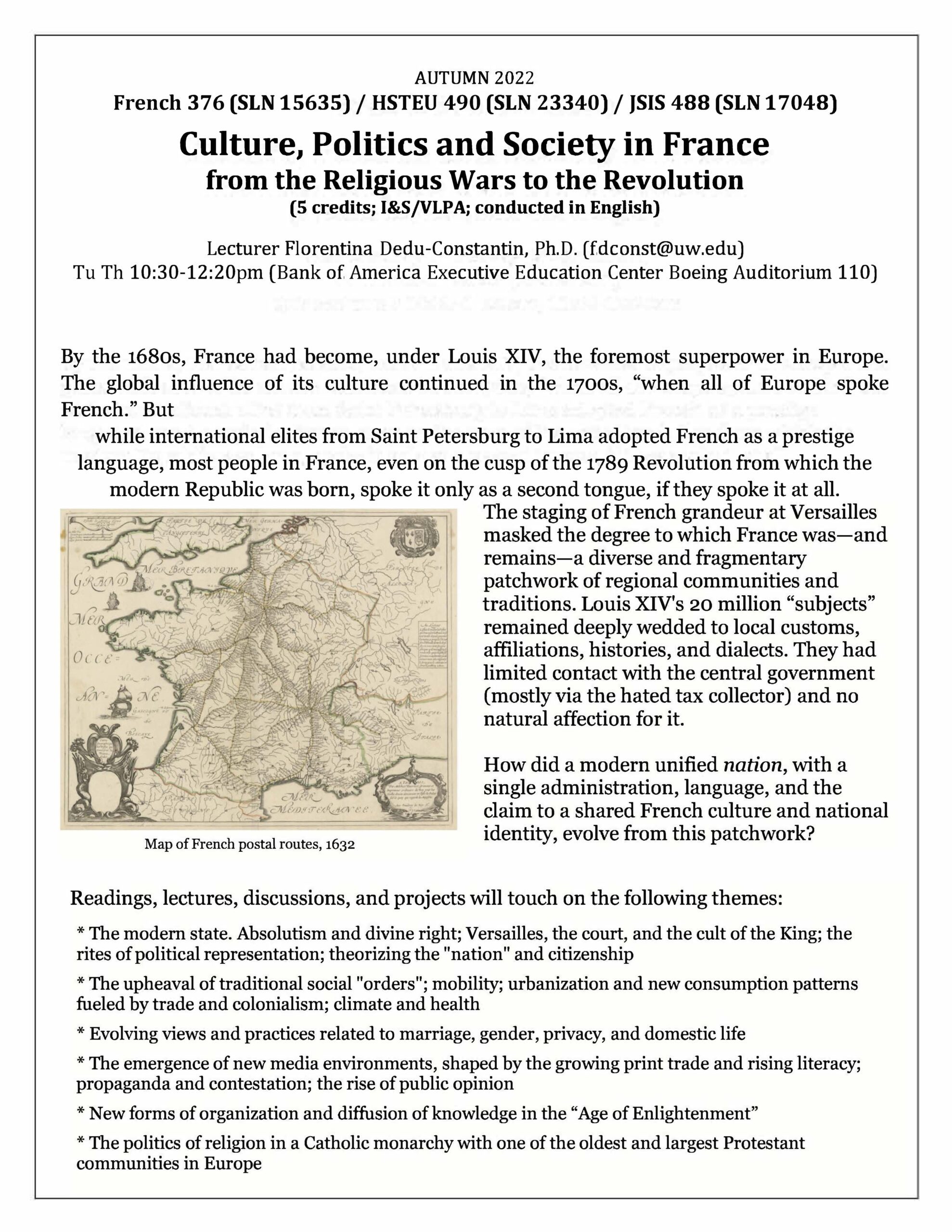Religion has a profound effect on various aspects of people’s lives, including their political and social beliefs and actions. It informs their worldviews, moral values and behaviors, affecting issues ranging from voting patterns and public policy to social acceptance and charity. Religious groups can be powerful political lobbyists, seeking to influence political policies and decisions based on their moral principles. While religion can sometimes cause divisions and conflicts, it can also play a vital role in conflict resolution, bridging divides and promoting peace. Overall, religion has a significant impact on society and politics, shaping people’s attitudes, beliefs, and actions.
10 Ways Religion Influences Politics and Society
Religion, a powerful force in people’s lives, affects the way individuals think, feel and behave. One area of life where religion has a major impact is politics and society. Religious beliefs shape worldviews, moral principles, and value judgments, mobilizing people to take action, whether positive or negative. Here are the top ten ways religion influences politics and society.
1. Voting Patterns
People’s religious beliefs often guide their voting patterns, influencing the candidates and policies they support. In the United States, for example, Christians are more likely to vote for conservative parties, while non-religious individuals favor more liberal positions.
2. Political Lobbying
Religion often goes hand in hand with political lobbying. Religious groups may lobby for or against policies based on their moral beliefs, such as anti-abortion laws, protections for religious freedom or the rights of LGBT community.
3. Public Policy
Religious leaders and groups often participate in the formulation of public policies. They provide input and feedback on government decisions that might affect their constituents and seek to influence public policy to conform to their beliefs and values.
4. Social Acceptance
Religion is a significant factor in social acceptance. Religious beliefs often influence people’s views on what is morally acceptable or not, such as premarital sex, abortion, or euthanasia.
5. Education Policy
Religious beliefs can also influence education policies. Religious groups may advocate for changes to educational curricula that reflect their values and beliefs, such as teaching creationism alongside evolution.
6. Healthcare Policy
Religious beliefs often influence healthcare policies as well. Religious organizations and leaders may express opinions and lobby for policies on contraception, abortion, end-of-life care, and other issues related to healthcare.
7. Civil Rights
Religion is frequently a major factor in civil rights. Religious groups and leaders may promote or oppose policies or legislation that affect the rights of individuals and groups based on their religious beliefs.
8. Conflict Resolution
Religious beliefs can also provide guidance in conflict resolution. Religious leaders may play a vital role in mediating conflicts based on their moral values and belief systems.
9. Bridging Divides
Religious communities can bridge divides and bring people together. Interfaith dialogues and initiatives can help establish communication and foster understanding between people of different religions, races, and cultures.
10. Charity and Social Welfare
Finally, religion often plays a crucial role in charity and social welfare. Religious organizations and individuals may provide support and resources to communities in need, such as shelter, food, medical care, and education.
Conclusion
Religion can have a significant impact on politics and society. It shapes people’s values, beliefs, and behaviors, affecting important social and political decisions. While religion can sometimes lead to conflicts and divisions, it can also offer solutions and bring people together, providing a foundation for building a better world.
